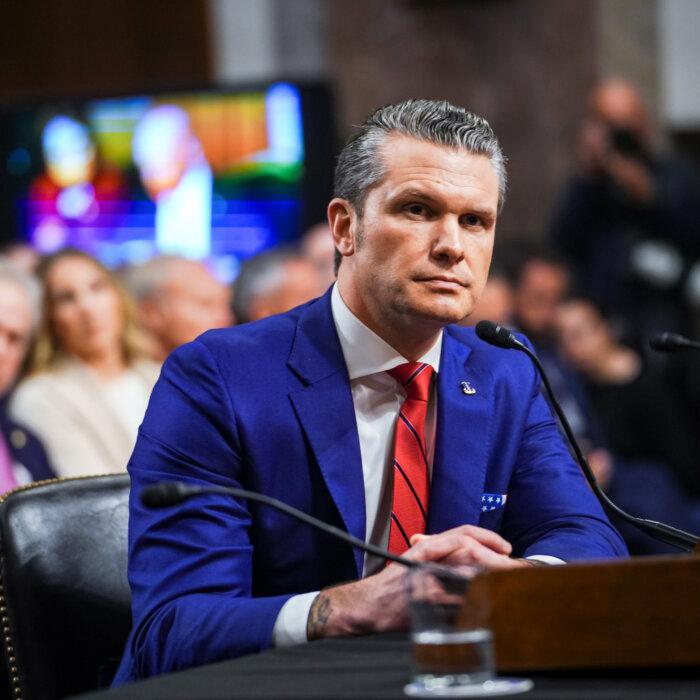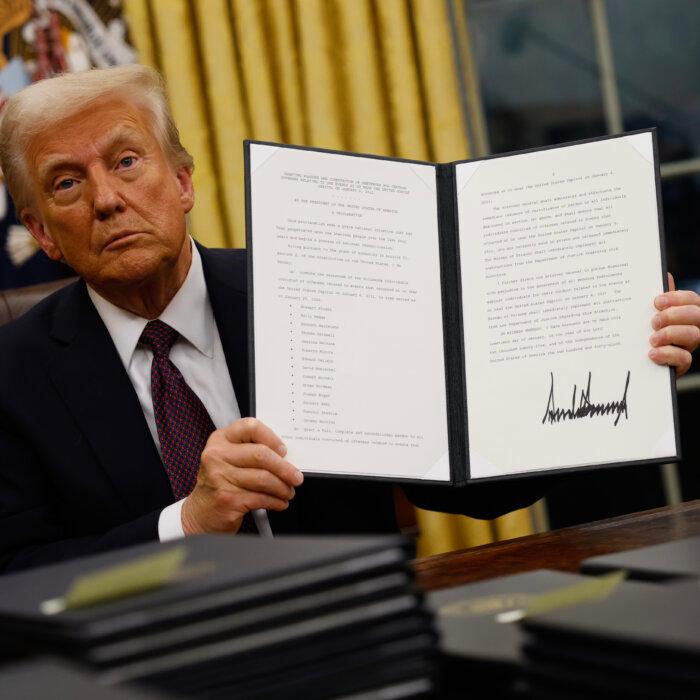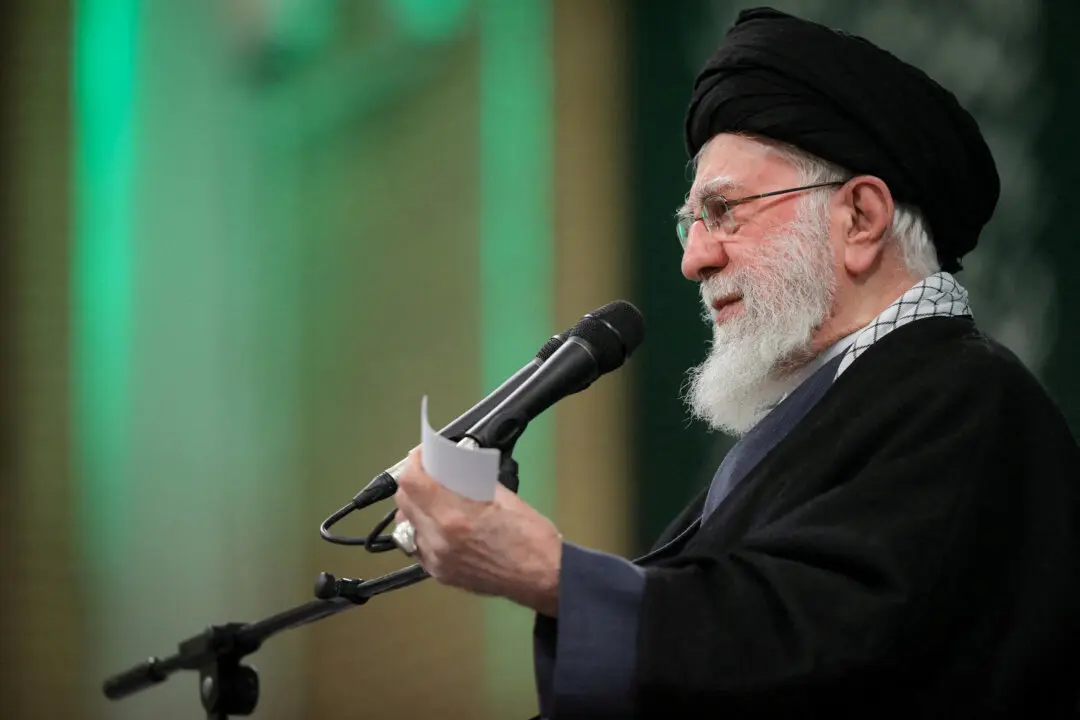The annual meeting of the World Economic Forum (WEF) in the Swiss alpine setting of Davos, Switzerland, got underway on Jan. 20.
Heads of state, diplomats, and business leaders from around the globe have flown to the luxurious resort for the four-day event, which kicks off with an introductory gala on the evening of Jan. 20.
Among the big names attending are President of the European Commission Ursula von der Leyen, Argentine President Javier Milei, South African President Cyril Ramaphosa, Chinese Vice Premier Ding Xuexiang, and German Chancellor Olaf Scholz.
The leaders of organizations such as NATO, the International Monetary Fund, the United Nations, the World Health Organization, and the World Trade Organization will also make appearances.
U.S. President Donald Trump is also expected to address the forum via video link, according to Borge Brende, a former Norwegian foreign minister who heads the WEF. He said last week that Trump would join digitally in a dialogue with participants on the afternoon of Jan. 23.
Brende added that the forum, which is now in its 55th year, expects “additional, high-level representation” from the administration once confirmed by the U.S. Senate, but he didn’t specify who from the incoming president’s team would attend.
During his first term in office, Trump attended the Davos conference on two occasions.
However, this year’s gathering is also notable for its list of absentees, with only one head of a G7 nation, namely Scholz of Germany, attending in person, while the leaders of the United States, Canada, Japan, the UK, France, and Italy are all missing the event.
India’s Narendra Modi and Chinese Communist Party leader Xi Jinping are also no-shows at the 2025 conference.
It stated that 350 government leaders, including 60 heads of state and governments, “will gather in Davos-Klosters to address pressing challenges and shape emerging opportunities.”
The meeting is dubbed “A Call for Collaboration in the Intelligent Age.” Among the topics up for discussion are climate change; artificial intelligence; global trade and economic growth; the future of Syria (its new foreign minister is expected to attend) after the fall of Bashar al-Assad last month; and wars in places such as Ukraine, Sudan, and the Middle East.
Forum organizers last week published a survey conducted among 900 experts for its Global Risks Report, which found that conflicts between countries was the top concern, followed by extreme weather, economic confrontation, misinformation and disinformation, and “societal polarization”—a nod to the gap between rich and poor.
Ahead of the event, WEF founder Klaus Schwab said: “Davos is unique in bringing together close to 3,000 decision makers from governments, business, and civil society at the beginning of the year to address the challenges of a world in deep transformation.
“Despite divergent positions and great uncertainties, the Annual Meeting 2025 will foster a spirit of cooperation and constructive optimism with the objective of shaping the forthcoming Intelligent Age in a more sustainable and inclusive way.”
As in previous years, protesters calling for economic equality, higher taxes for the rich, and action on climate change took to the streets. They blocked roads to Davos, causing traffic issues and delays.
Climate activists sprayed green paint over Amazon.com Inc.’s base in the resort on Jan. 20 and disrupted helicopter landings.
Swiss police closed down both protests, removing those who had defaced Amazon’s base and about 10 protesters who were blocking two vehicles at the heliport entrance with bright yellow banners reading “TaxTheSuperRich.”






